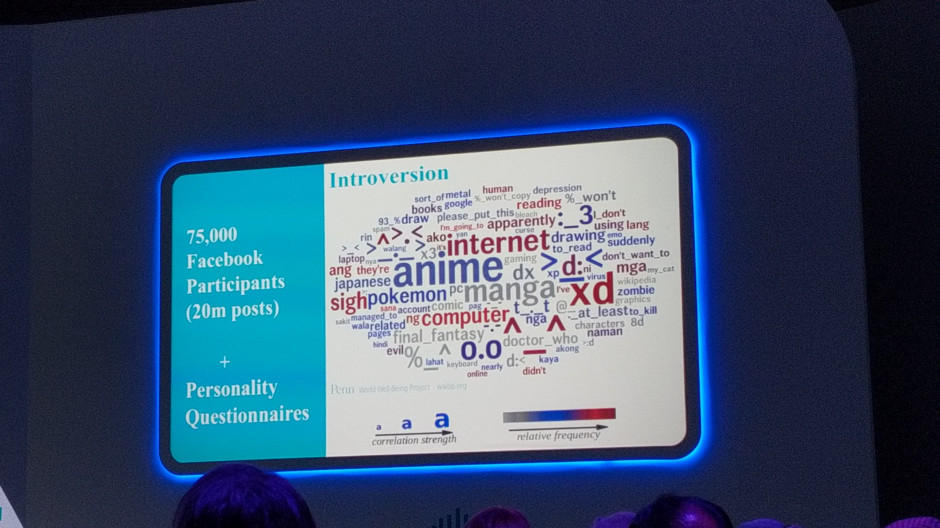
Dubai
The internet is full of clues on public behaviour, if one just pays attention.
The US-based Centres for Disease Control and Prevention (CDC), for example, discovered something interesting when analysing online data. Even before they could predict an uptick in cases of flu in an area, there was a red flag that would constantly go up: The number of searches on flu-related symptoms on Google would see a spike.
According to Andrew Schwartz, assistant professor of computer science and lead investigator at the World Well-being Project, who is currently in Dubai as part of the World Government Summit, something similar was happening with people’s level of well-being — language used on social media could determine how a community was faring.
Not only did the words used online change significantly in communities where the level of mortality was higher, text analysis could also predict the personality type of individuals.
When the World Well-being Project, for example, analysed over 20 million posts from a group of individuals, they observed an interesting distinction comparing the terms used by introverts and extroverts.
Schwartz said: “We found some results that were things we would have never thought of. For example, there is a lot of interest in Japanese culture that seems to correlate with introversion.”
Exhaustive text analysis can, according to Schwartz, help governments understand not just the level of physical and mental well-being of communities but also a deeper understanding of social issues affecting them.









